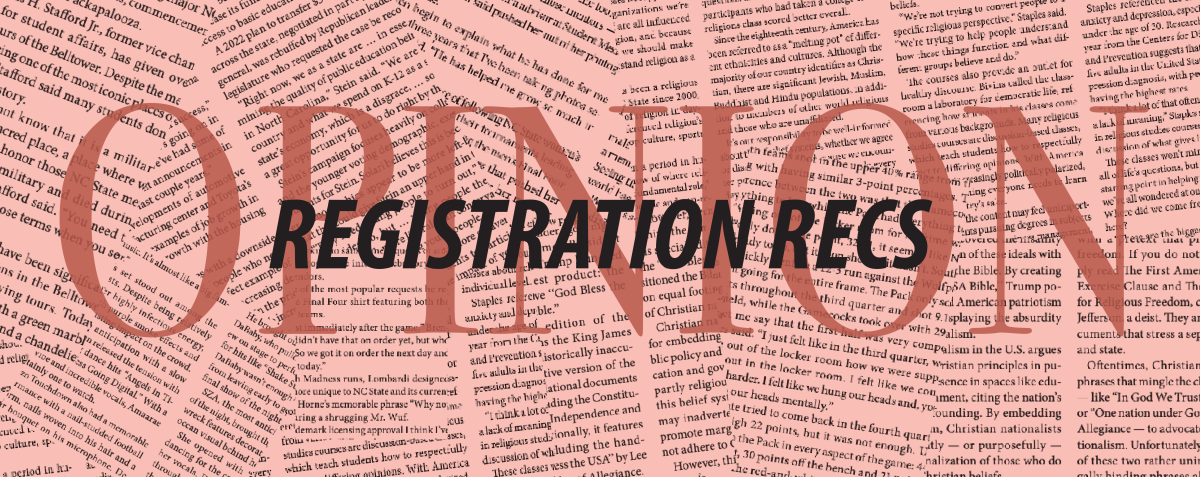With registration fast approaching, many of us are scrambling to find classes that fulfill major requirements. My recommendation for English majors? ENG 321, “Survey of Rhetorical Theory.”
English majors can only take five 200- or lower-level English classes for our major blocks, so this is a great option if you’ve met your limit.
I took the class last fall with Ken Zagacki, fulfilling a requirement in my ‘English core’ block. Zagacki explains content like he’s telling a story, which personally helps keep my attention. There have been few classes that I’ve been anything more than neutral toward, and fewer I can say I’ve genuinely enjoyed. In regards to my core classes, this one is definitely in the top.
Throughout the class, you learn about the evolution of rhetoric and multiple sophists like Aristotle, Quintillian and Gorgias. Rhetoric is a controversial subject, as it’s often viewed as a manipulation tactic, and the class paints it in a more positive light, so that’s an element to consider when enrolling.
The class was largely discussion-based with the final grade being composed of two exams, a final paper and participation points.
Unfortunately, you cannot get by without doing the readings. On the bright side, it’s an easy class to do well in, so long as you do them. I ended up finding the readings pretty interesting. One of my favorite readings explored women’s contributions to the development of rhetoric, namely Sappho’s.
So, maybe you’ll find these readings interesting too, especially if you’re also an English major.
Trust me when I say “get ready to read” is my least favorite tag to see on Rate My Professor, and I’m still recommending the class. That has to count for something, right?
What motivated me in this class was the fact that it really does teach you helpful tips on how to write and speak more eloquently. In our final papers, we were told to apply a rhetorical concept to solve a problem. I chose to write mine about how I’d hypothetically use Cicero’s dispositio to request that Wolfpack Pickup extend its hours to cover weekends.
This class is definitely one of those where you get out what you put in. If you keep up with the readings and put effort into the paper and exams, you’ll walk away with an A. If you don’t do the readings, you might struggle, but I’m not here to act like your mom and force you to do your homework.
For most STEM majors, there’s not much wiggle room regarding what classes they have to take; their schedules are pretty rigid and straightforward. Luckily for English majors, there are many options that fulfill the same requirement, so sometimes you can choose less painful ones.
The worst feeling is sitting in class right after the drop date and realizing enrolling in it was a terrible decision. When it’s not necessary to suffer through boring classes, I try to find ones that are both interesting and meet my degree’s criteria, and I hope my recommendation can do the same for you.
It all depends on personal learning style and class structure preferences, but I’d consider this one if you’re drawn toward discussion geared classes with fewer assignments.
ENG 321 has real world applications — rhetoric is a versatile art that’s used, to varying degrees, in just about everything, from advertising to movies to resumes. Knowing how to communicate effectively gives you an advantage in any field.
If option paralysis is hitting you hard, rest assured knowing we’ve all been there. Instead of blindly choosing a random course, look into ENG 321. It’s not too difficult, and it’ll leave you with a pretty useful skill set that can be applied in your future career.














